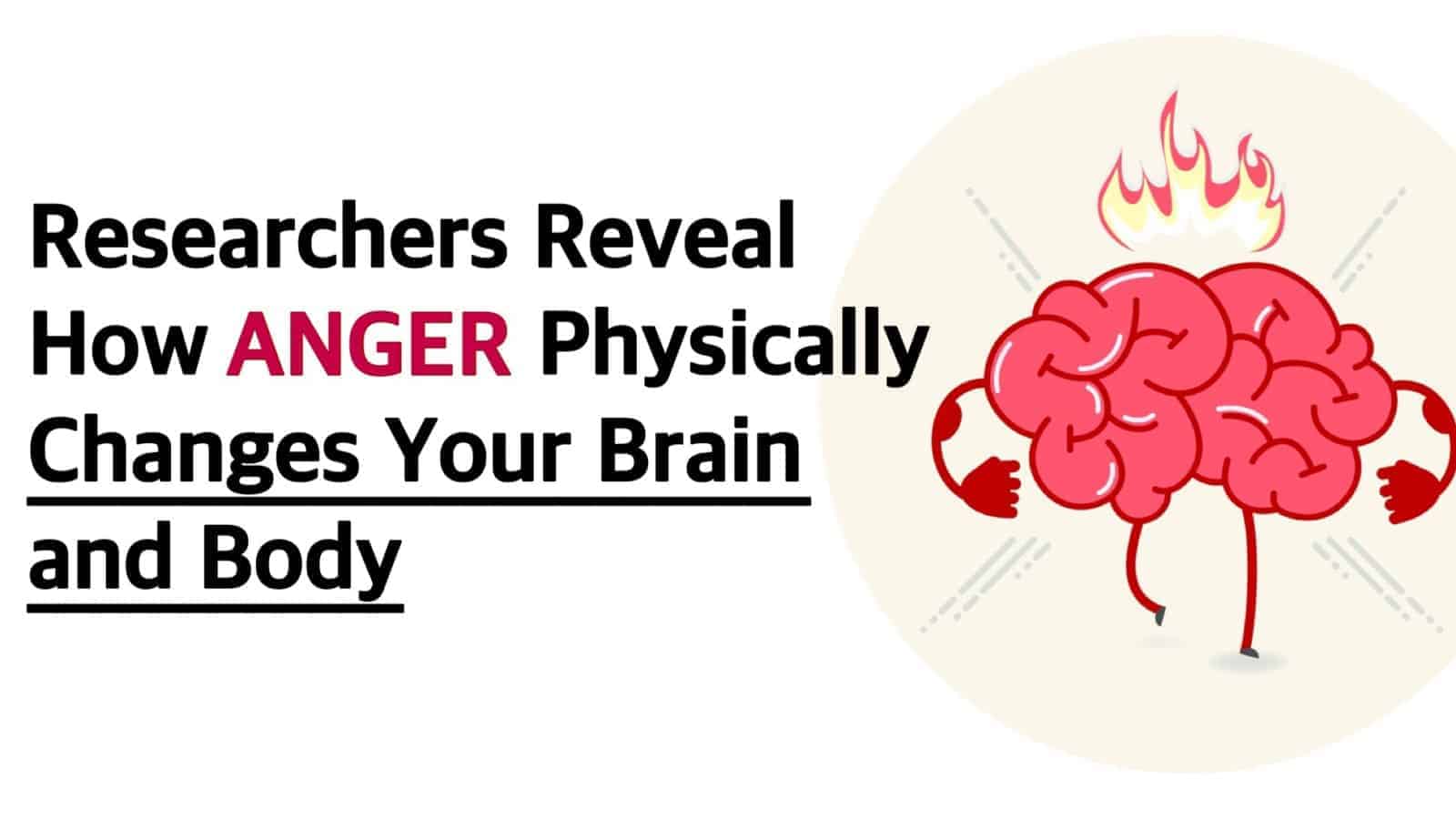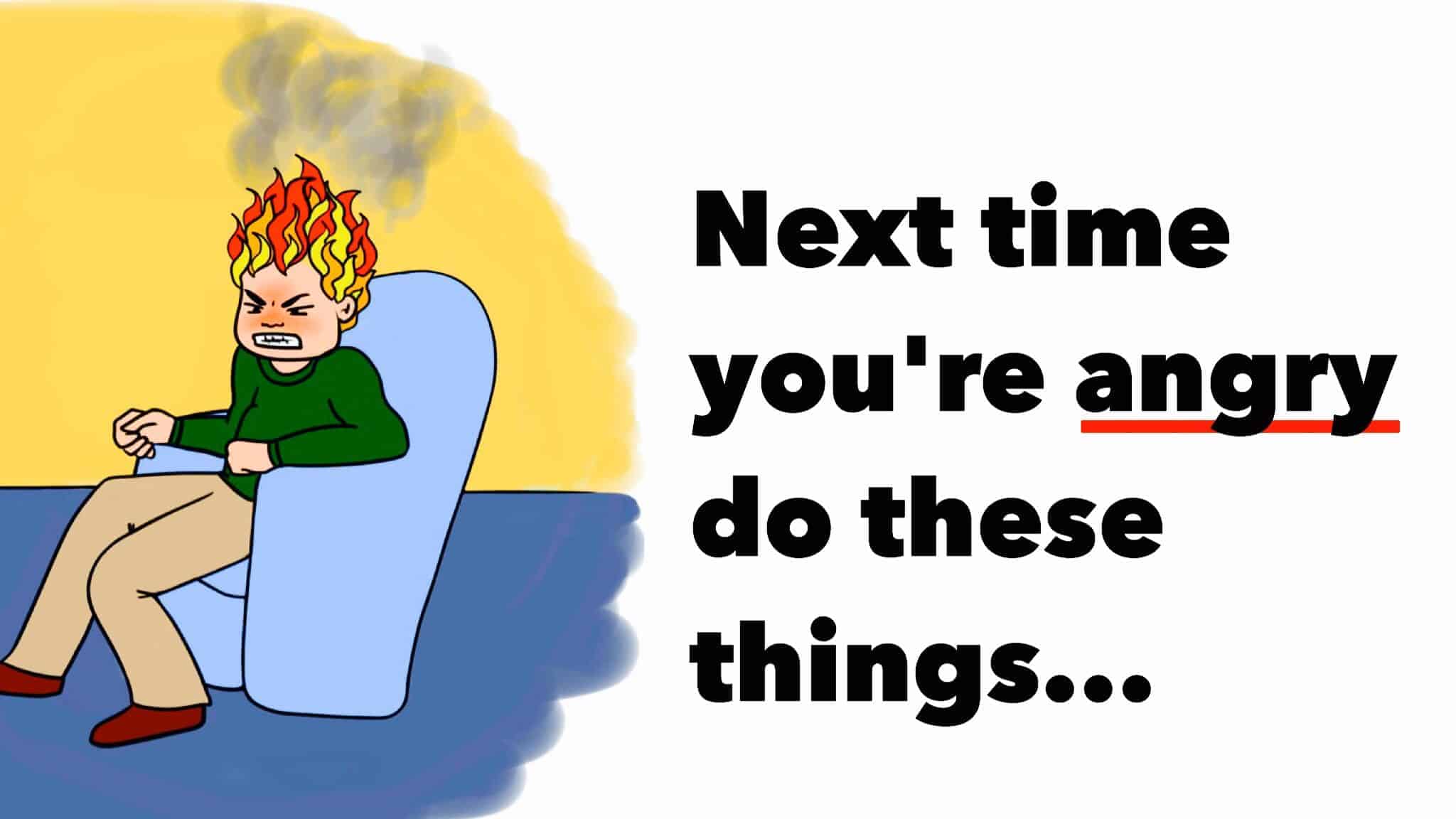Do you struggle with managing anger? It’s a problem as old as time, and you are not alone.
“You will not be punished for your anger, you will be punished by your anger.” ~ Buddha
The Buddha spoke about emotional mismanagement perhaps more than any other topic.
Why? Because emotional mismanagement – anger, anxiety, contempt, frustration, and so on – can be someone’s end. All of these emotions chip away at our minds and bodies unless we do something about them.
As we’ve mentioned in previous articles, Buddha was far beyond his time regarding his thoughts and worldview. Researching Buddha’s life and applying his words – not just into articles but into life.
Science–in any field of study–demands a healthy dose of skepticism and curiosity.
But science can only take us so far. Some of us become victims of intellectualism, thinking that we know more than we do – and we need a slice of humble pie. (The Buddha can help in this regard, as well!)
Buddha’s teachings have not only helped science but have directed science. Buddha’s insight into the human mind has led to some of the significant discoveries in the field of neuroscience (see: mindfulness, meditation.)
Anger leads to the following possible outcomes:
- Making poor choices.
- Damaging interpersonal relationships.
- Violence, in some cases
- Regret those hasty actions afterward.
Indeed, anger not only punishes our mind but our body as well.
How Anger is ‘Activated’
According to Ruth Buczynski, Ph.D., a researcher at the National Institute for the Clinical Application of Behavioral Medicine (NICABM), the neuroscience of anger works in five steps:
1. The first ‘spark’ of anger activates the amygdala (pronounced ‘uh-mig-duh-luh’), one of the brain’s most primitive areas.
2. The amygdala signals the hypothalamus (‘hip-oh-tha-luh-mus.’)
3. The hypothalamus signs the pituitary gland, which then discharges the hormone ACTH.
4. The pituitary gland signals the adrenal glands, which release the hormone ACTH.
5. The adrenal glands secrete the stress hormones adrenaline, cortisol, and noradrenaline.
How Anger Changes the Brain
The two areas of the brain particularly prone to the negative effects of cortisol are the prefrontal cortex (PFC) and hippocampus.
The PFC is the brain’s “executive center.” It’s where some of the most complex thinking takes place.
The PFC is responsible for:
- attention
- logic
- memory
- reasoning
- planning
It is thought that the PFC also plays an integral role in developing and pursuing individual goals.
The hippocampus – we have two of them – is where long-term memories reside, which includes all past knowledge and experiences. (Pretty impressive for something the size of a seahorse!)
The hippocampus also plays a significant role in declarative memory, the type of memory involving things that can be purposely recalled, such as events, facts, or numbers.
Additionally, suppression of the hippocampus may interfere with short-term memory.
The stress hormone cortisol is the culprit here. Excess cortisol floods neurons with calcium, which may cause the cells to overwork themselves to death.
Too much cortisol can also lower serotonin levels. Serotonin is a primary neurotransmitter of the brain responsible for feelings of happiness and mood stability.
How Anger Changes the Body
Regarding how anger changes the body, stress hormones are to blame yet again. In the simplest terms, too much adrenaline, cortisol, and noradrenaline are terrible for bodily health.
The adrenal glands flood the body with stress hormones, which causes a sudden rush of blood to the muscles. You may know this as the “fight-or-flight” response.
Stress hormones have the following effects on our cardiovascular system:
- Increases blood pressure
- Increases arterial tension
- Elevates heart rate
- Increases blood glucose levels
- Increases blood fatty acid levels
If the cause of our stress is not identified and monitored, we risk these symptoms becoming chronic. Long-term cardiovascular damage may occur, leading to possible heart attack and stroke.
Stress hormones also affect our body’s immune system. Research shows that when chronic stress harms the body’s immune system, someone is more likely to get sick.
Why is this? Well, stress (including anger) interferes with the immune system as follows:
- Decreases the number of sickness and disease-fighting cells.
- Suppresses thyroid function
- Permits the spread of virus-infected cells
- Increases the risk of cancer
Stress hormones also throw a wrench into our digestive system by decreasing blood flow and inhibiting normal metabolic functions.
Oh, and anger can also affect our vision, bone density and increase the instances of headaches or migraines.
Controlling Anger (and Stress)
In fact, our lifestyle choices and habits directly affect our stress levels.
So here are the top 10 tips for managing our anger and stress:
1. Exercise:
Try for at least 30 minutes of moderate exercise three to five times a week.
2. Relax your muscles:
Stretch, get a massage, take a hot bath or shower, and get a good night’s sleep!
3. Practice deep breathing: “Stopping and taking a few deep breaths can take the pressure off you right away.”
For added effect, close your eyes and breathe slowly.
4. Eat well:
Meals should consist of fruit, vegetables, lean protein, and whole grains.
5. Slow down:
Break down big jobs into smaller ones, switch to the slow lane, set your watch 5-10 minutes ahead. Don’t rush.
6. Take a break:
You need to plan on some real downtime to give your mind time off from stress.
7. Make time for hobbies:
That’s right. Schedule some time (minimum of twenty minutes) every day to do the things you enjoy.
8. Talk about your problems:
Forget the crap about ‘toughing it out.’ That’s because repressing negative emotions does absolutely no good. Try positive self-talk, or speak with a trusted friend or family member.
9. Go easy on yourself: Accept that it’s impossible to do things perfectly.
Things exist that are outside of your control. Laugh and play a bit.
10. Eliminate your anger triggers:
“What are the biggest causes of stress or anger in my life?”
Moreover, this should be a question we all ask ourselves. Then, after identifying what they are (don’t rush!), seek to reduce or eliminate them.















 Community
Community

